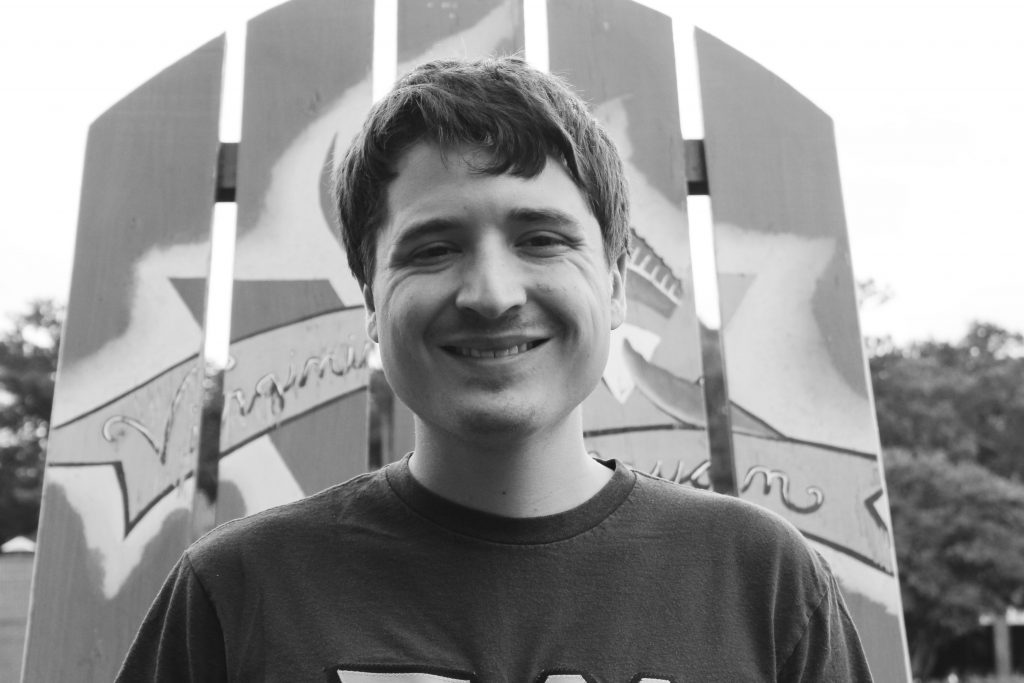College is known and recognized for many things. For many young adults, one such thing is freedom. Many associate the word freedom in this context to imply the college party lifestyle. However, with recent stories of college and high school students posting concerning pictures or videos online, the word freedom has taken an unfortunate turn. Recently, there have been various cases in which students in college and particularly in high school have been posting various videos and pictures on different social media websites, most of them containing racial slurs.
Just in the past few weeks, it was reported by the New York Daily News that a group of high school cheerleaders in Utah posted a video on Instagram where everyone clearly said an offensive term. In another incident, a student from Iowa State posted a picture on Snapchat, also containing a racial slur for a caption. In both incidents, each of the students involved responded were along the lines of “I’m sorry” and “it was a joke, it won’t happen again.” While an apology is always appreciated, it’s not surprising that it won’t be enough for people to forget what has happened and move on. This then raises the question, should these students be so heavily scrutinized if they’re only in high school or just studying in college? Yes, they should.
While they have yet to enter the “real world,” high school students are on the verge of being adults while college students are adults just about build the rest of their lives. It seems that one in these age groups should have a better grasp on what’s appropriate to say online. As social media becomes more popular, people are consistently told to be mindful as of what they post online. Anything posted online lives forever. As people are constantly warned, one would think that individuals would be careful or mindful about what they broadcast on any social media page.
People forget that words and pictures travel fast. Also, what about the consequences? In the case of the students mentioned previously the extent of their punishment was not very clear. Regarding the students in Iowa State, disciplinary actions were not disclosed because of the Family Educational Rights of Privacy Act. The same was the case with Iowa. The newspaper said that while they have been forced to resign from extracurricular activities, such as their school’s cheerleading squad, it has not been made clear if they were suspended or expelled.
While maintaining the students’ privacy is understandable, it gives off the sense that maybe the appropriate actions and/or punishments weren’t taken to discipline them. These are very delicate situations in which many would like to see the people in question reprimanded. It would be even more effective if punishments were acted out and given. Unfortunately, sometimes it takes these negative pictures and videos to be posted online for potentially millions to see for people at this age to grasp the idea that a “simple” or “funny” Instagram, Snapchat, or Twitter post is not always right. Words hurt and some words should not be said. If there is a picture you need to double check and actually think about, chances are it shouldn’t be blasted online for your friends to see.
Marlyn Silva
mhsilva@vwu.edu

